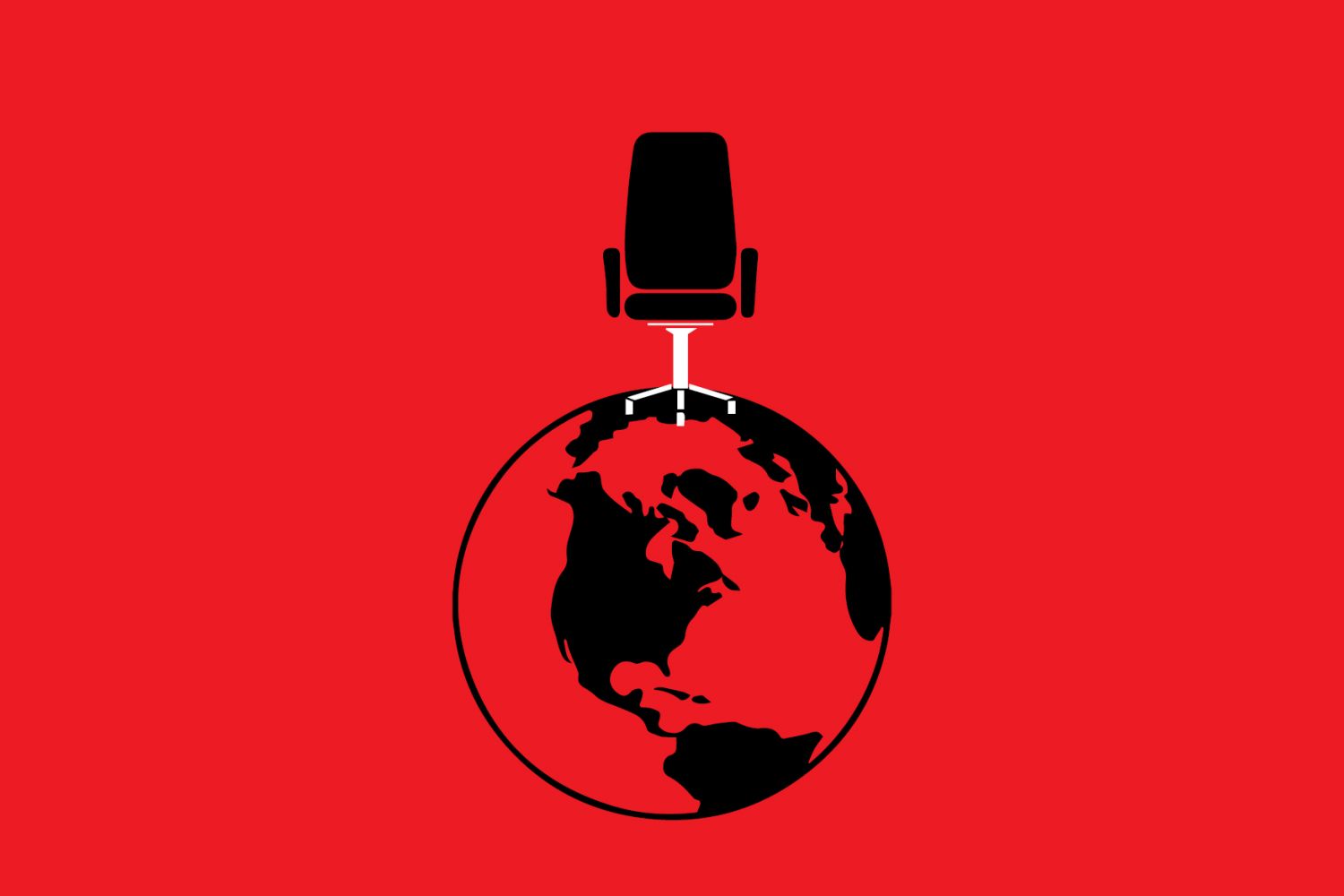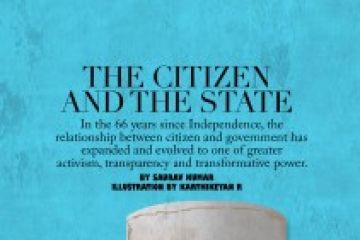
Theorists of the international order watch in shock and awe the European Union (EU) slipping into seemingly terminal decline, the United States in flight mode, and Russia and China inexorably encroaching on the space vacated to rechristen a new world order. In his canonical Muqaddimah, the 14th century Arab polymath Ibn Khaldun explained the reasons for and critically examined the patterns of decline and disintegration of great empires. “Diminishing of group spirit” and “adoption of co





